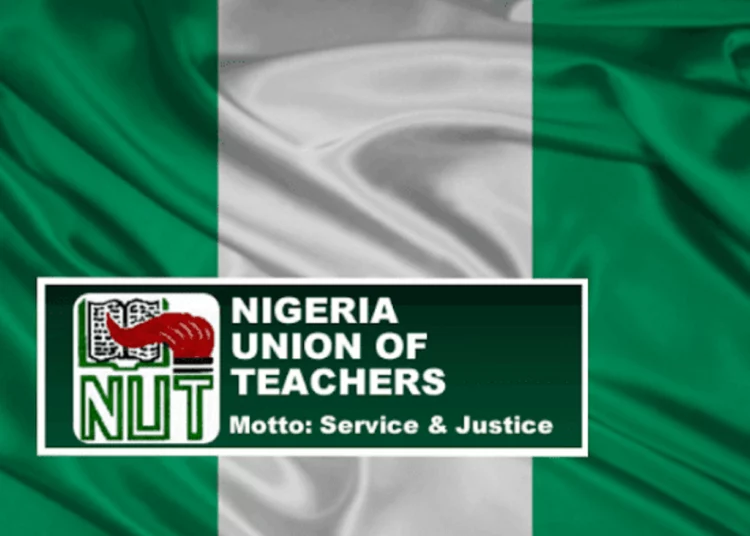Nigeria and the international community are celebrating teachers for their immense contributions and invaluable innovations in human capital development. Each year, a focal theme is chosen for the commemoration of World Teachers Day, an event put together to draw public attention to salient issues that hinder the capacity of teachers to perform optimally.
Accordingly, the 2023 theme, “The Teacher We Need for the Education We Want: The Global Trend to Reverse the Teacher Shortage” aptly addresses the issues that currently mitigate the envisioned progress by all nations to provide quality education.
In Nigeria, as in many other countries worldwide, the shortage of qualified teachers and the desired form of education pose a significant challenge.
The minister of state, Education, Dr Yusuf T. Sununu, pointed out that ongoing international deliberations recommend changes that anchor on Commitment, Connections, Communication and Creativity in the prevailing traditional education methodology.
WTD: Nigerian Teachers Lament Neglect
He further said that education is in a critical juncture and teachers in service require constant training and retraining to fit into the scheme of things. “The teacher we want shall be creative, active listener, engaging, collaborative and has empathy. He also must be adaptive, focused on growth, patience, respectful and prepared to engage in lifelong learning.”
The theme for this year also brings to the fore, one of the main challenges confronting the education system. Teacher shortage has remained an albatross to many education systems around the world over the years.
The United Nations Educational, Scientific and Cultural Organisation (UNESCO), recently disclosed that the world needs over 69 million teachers to meet the targets of the Sustainable Development Goal 4 (SDG 4) by 2030.
In Nigeria, the issue of teacher shortage has become worrisome, especially at the basic and senior secondary education sub-sectors. The number of registered teachers on the Teachers Registration Council of Nigeria (TRCN) database by 2023 is 2.3 million, and a report said that Ogun, Osun, Ondo, Rivers, Kwara, Gombe, and Katsina states were plagued by the shortage of teachers in public schools.
The learner/pupil ratio varies from state to state, but none is within the recommended ratio and there are states where the learner/pupil ratio is as high as 1:100 pupils.
The United Nations Children’s Fund (UNICEF), on its part stated that a total of 175,000 qualified teachers are needed to fill the capacity gaps in addressing the challenge of inadequate qualified teachers in Nigerian schools.
It is a sad commentary that some of the people teaching in schools are holders of the first school leaving certificate, basic education certificate, senior secondary school certificate, associate certificate in education, diploma certificate.
The UBEC 2022 NPA revealed that 67.5 percent of teachers in public schools and 85.3 percent in private schools have not attended any in-service training in five years (2018-2022).
Most of our teachers may be computer literate but unable to deploy Information and Communication Technology (ICT) in Teaching and Learning and this immensely affects education outcome and the ability to achieve our national development goals.
It is important to note that the foundation of any society is human capital development, which can only be achieved through education and the immeasurable contribution of teachers. Available reports from practitioners indicate an alarming rate of retirement of teachers without a corresponding recruitment to fill the gaps.
There is, indeed, an urgent need for young, qualified and dedicated persons to be attracted and retained in the teaching profession. It is imperative, therefore, to re-echo the call on government at all levels to ensure recruitment of adequate, professionally qualified teachers to address the acute shortage of personnel in schools.
The challenge of attracting and retaining young dedicated persons in the teaching profession will remain unabated, if the living and working conditions of teachers are not given due attention and addressed in the interest of teacher effectiveness and greater service delivery.
A 2022 UNESCO report indicated that 244 million children and youth between the ages of 6 and 18 worldwide were out of school, while about 20 million children and youth of the same age bracket were out of school in Nigeria.
For education delivery in schools, government has a duty to improve access to digital tools and materials as well as provide necessary training which the teachers need.
On their part, teachers in Nigeria should take advantage of the Open Education Resource (OER) and other online and in-person study centers to upgrade and become “the teachers we want” for us to collectively ensure that every child in Nigeria has access to quality education. We urge teachers to embrace the inevitable role of technology and artificial intelligence in education.
We stress that education is a fundamental human right, and its provision is a core responsibility of government, so government should respect and safeguard the right of every child to quality education by providing adequate funding and investment in education.





